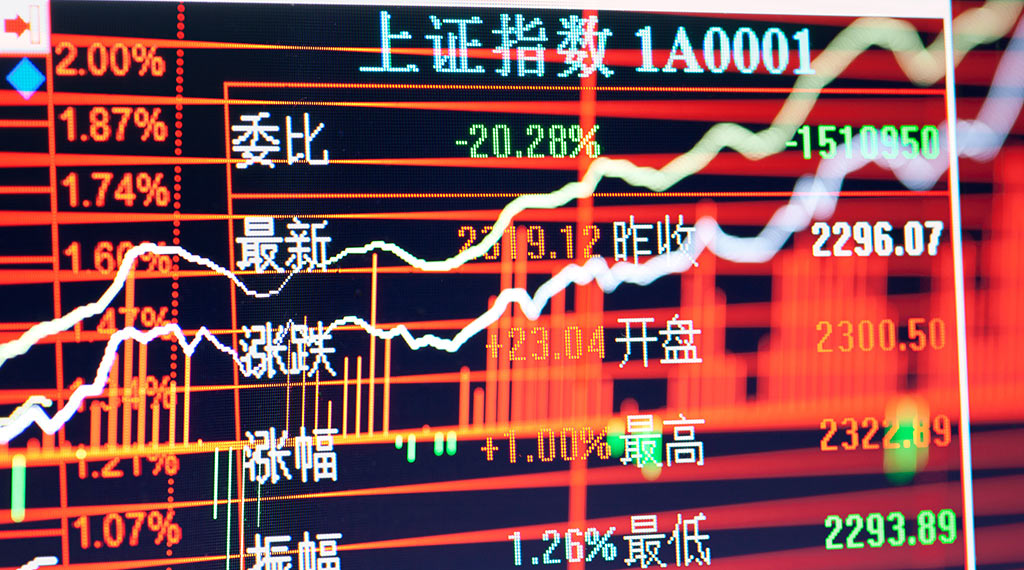Will Western financial institutions protect Communist China?

The world was surprised by the severity and breadth of economic sanctions imposed on Russia in the wake of its invasion of Ukraine. While it remains to be seen how effective those sanctions will be, the swift and united implementation by Western countries was not easily predictable, given mild responses to Russia’s previous forays in Ukraine.
One country that took note of the West’s response was Communist China, given its repeated threats in recent decades to invade Taiwan, which it views as a breakaway province. But while Russia’s economy is roughly the size of Mexico, China has a lot more to lose.
China has staunchly supported Russia’s invasion of Ukraine, which has already raised some eyebrows around the world. Should China take military action against Taiwan, how would the West respond?
No one knows for sure, but China isn’t taking any chances, as reports indicate that they are preparing ways to insulate themselves from sanctions should they decide to invade or attack Taiwan.
In April, Chinese Communist Party and Bank of China officials met with banking officials from within the ranks of both domestic and international lenders to discuss strategies for protecting China’s overseas assets from sanctions.
This seems to be an unprecedented event: Western banks from outside China are now advising the Chinese Communist Party as to how to evade sanctions in the event that the People’s Liberation Army is unleashed on its neighbor?
Mentioned prominently in reports about this meeting was HSBC, the huge banking concern based out of the United Kingdom, but with affiliates in the US and around the globe.
HSBC has already come under fire for its Chinese business policies, which some see as supporting human rights abuses:
Not least, because HSBC in the last two years has been accused of actively participating in the ongoing human rights crackdown in Hong Kong. HSBC not only publicly backed the draconian National Security Law, alongside Standard Chartered and other British-based businesses, but has frozen the bank accounts of prominent pro-democracy activists in exile at the behest of Beijing.
HSBC should tread very carefully over this ground given their sordid history when it comes to sanctions policy. A decade ago HSBC was implicated in a series of money laundering scandals involving terrorism and international drug trafficking.
This came on the heels of HSBC having to pay a $1 billion fine for violating the US Bank Secrecy Act and US sanctions.
HSBC’s activities involved improperly conducting business with Saudi Arabia’s Al Rajhi Bank, which had been linked to terrorist financing, as well as two banks with terror links in Bangladesh. Perhaps most egregiously, HSBC covered up 25,000 transactions that enabled Iran, the world’s most active state sponsor of terrorism and a serial nuclear proliferator, to conduct business in violation of sanctions.
On the one hand, one might say that HSBC should “know better.” On the other hand, if you wanted to find out how to evade sanctions, wouldn’t you go to the experts?
It looks like China did…
- President Trump Takes a Much Needed Step on Fentanyl - December 15, 2025
- Texas leads the way against the Muslim Brotherhood - November 25, 2025
- Defender of Freedom: Senator Jay Collins - August 4, 2025
